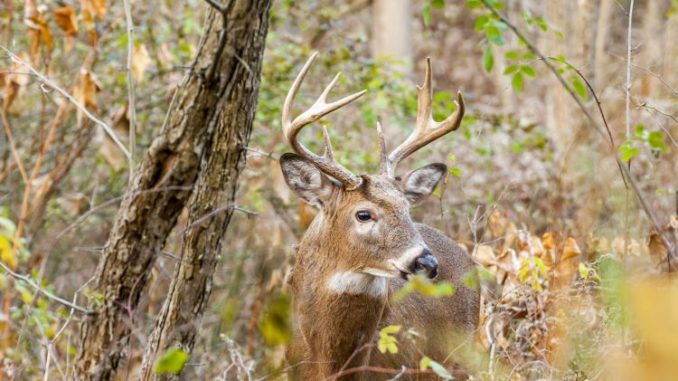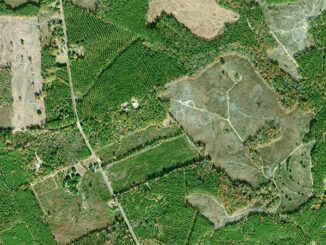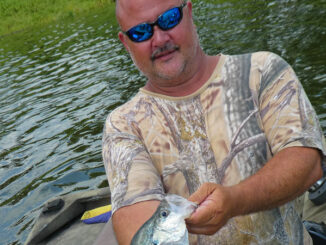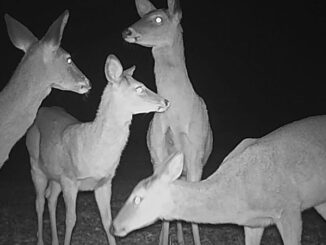
Effort to curb the spread of CWD goes into effect March 5
The Louisiana Wildlife and Fisheries Commission on Thursday approved a declaration of emergency to cease supplemental deer feeding in East Carroll, Madison and Tensas parishes effective Monday, March 5.
The ban is part of an effort to curb the spread of chronic wasting disease (CWD) after a buck in Issaquena County, Miss. tested positive on Jan. 25.
That deer was found only a few miles from the Louisiana border on the east side of the Mississippi River, according to a news release from the Louisiana Department of Wildlife and Fisheries.
The declaration stated the purpose of the feeding ban is to reduce the potential spread of CWD into the state by reducing the risk of exposure when deer are concentrated around feeding sites.
The use of bait not normally ingested by deer for feral hog trapping will still be allowed, but the bait must be placed and contained within the trap itself. Backyard bird feeders will still be allowed.
CWD is a neurodegenerative disease found in most deer species, including moose, elk, mule deer and white-tailed deer, and is always fatal. It causes irreversible damage to brain tissue that leads to salivation, neurological symptoms, emaciation and ultimately the death of the animal.
But deer infected with CWD can spread the disease even before symptoms develop, and it can take one to two years for infected animals to become symptomatic. When symptoms appear, they can include emaciation, lethargy, abnormal behavior and loss of bodily functions. Other signs include excessive salivation, loss of appetite, progressive weight loss, excessive thirst and urination, teeth grinding and drooping ears.
LDWF has tested more than 8,300 deer since 2002 and has not detected CWD. For more information, click here.


